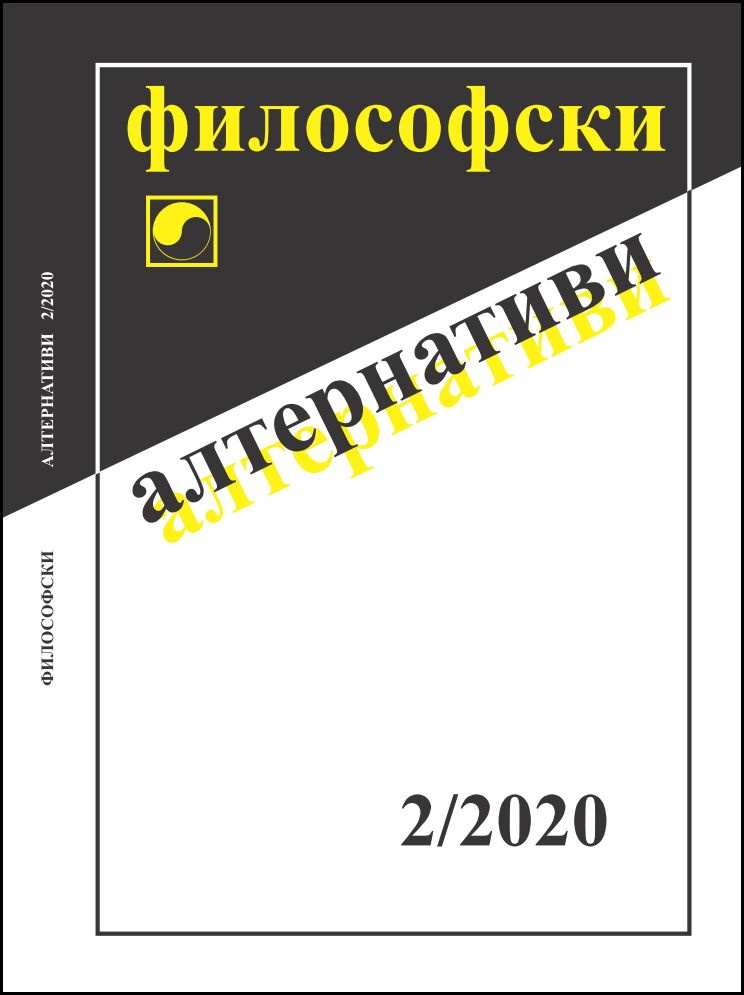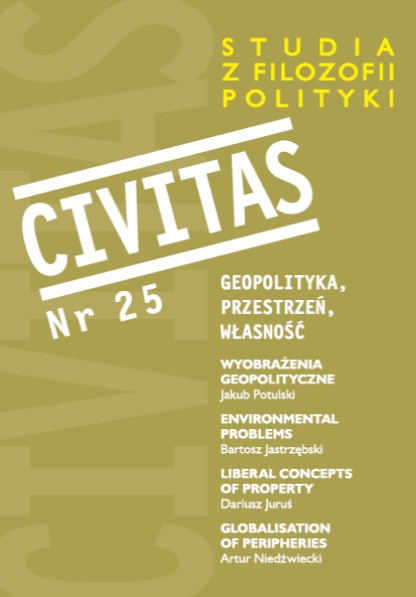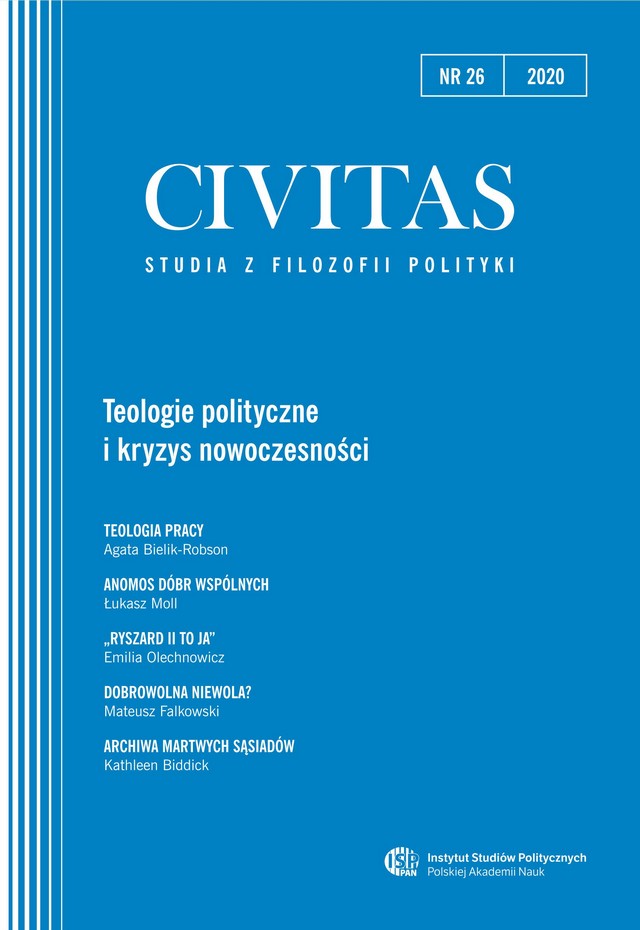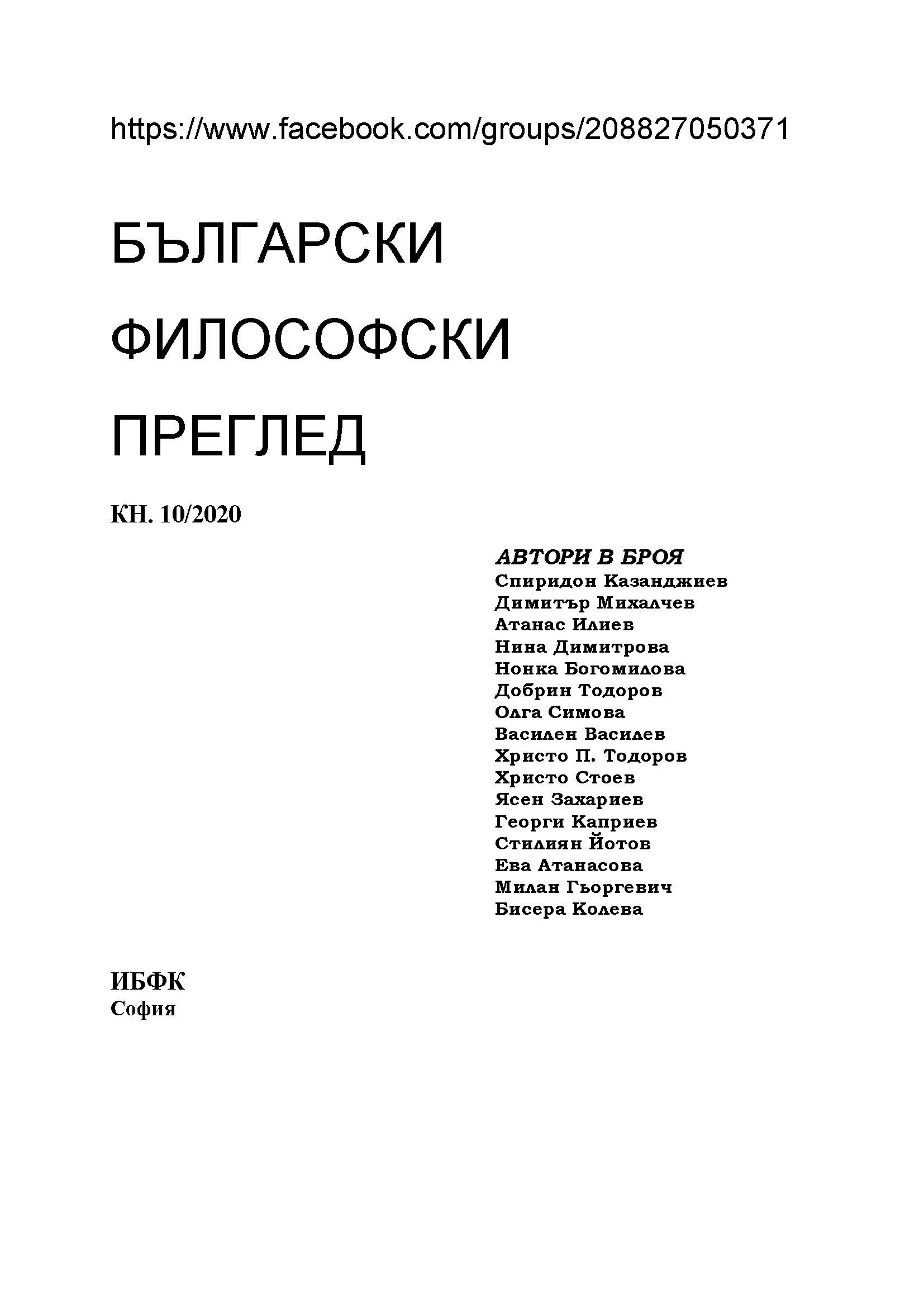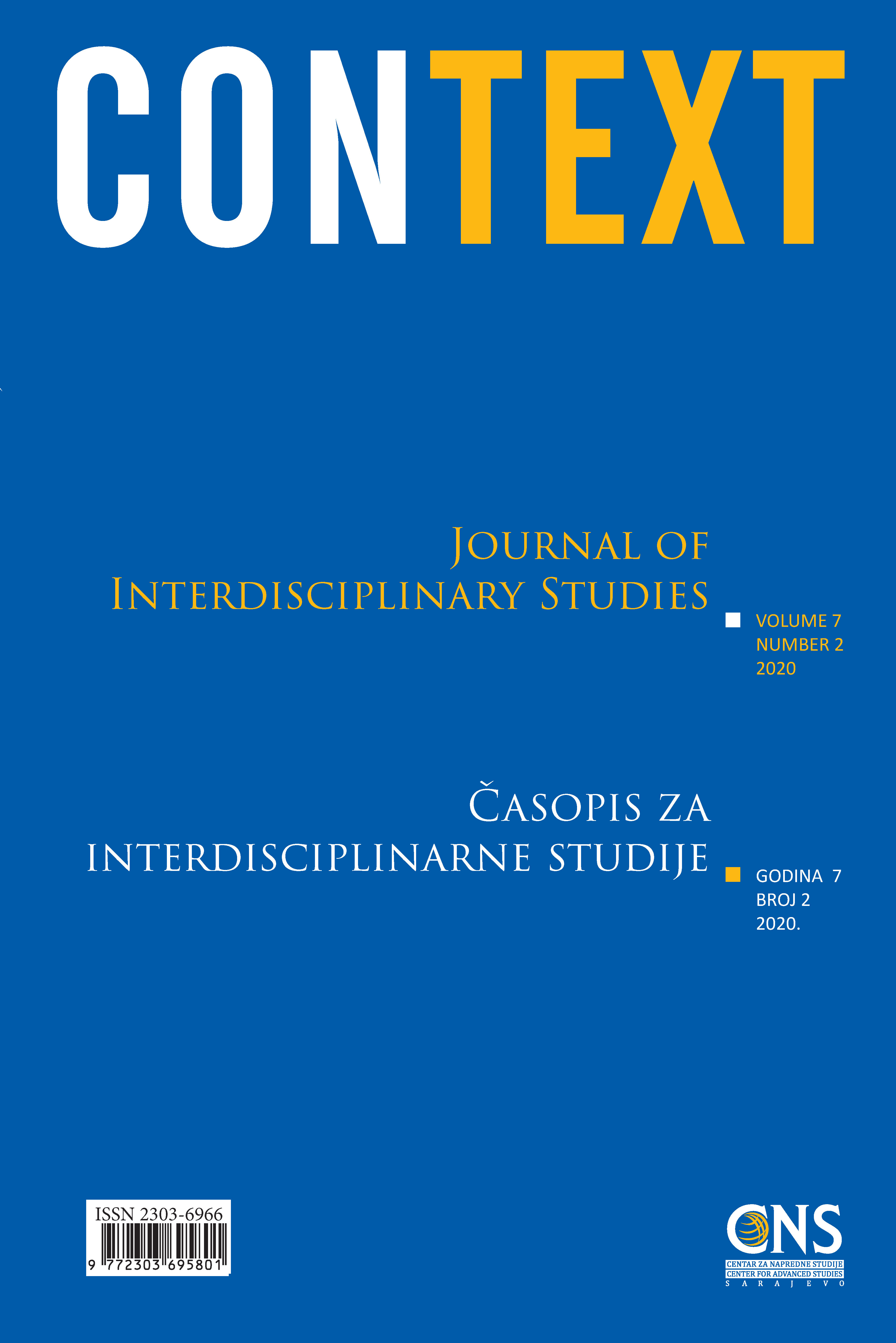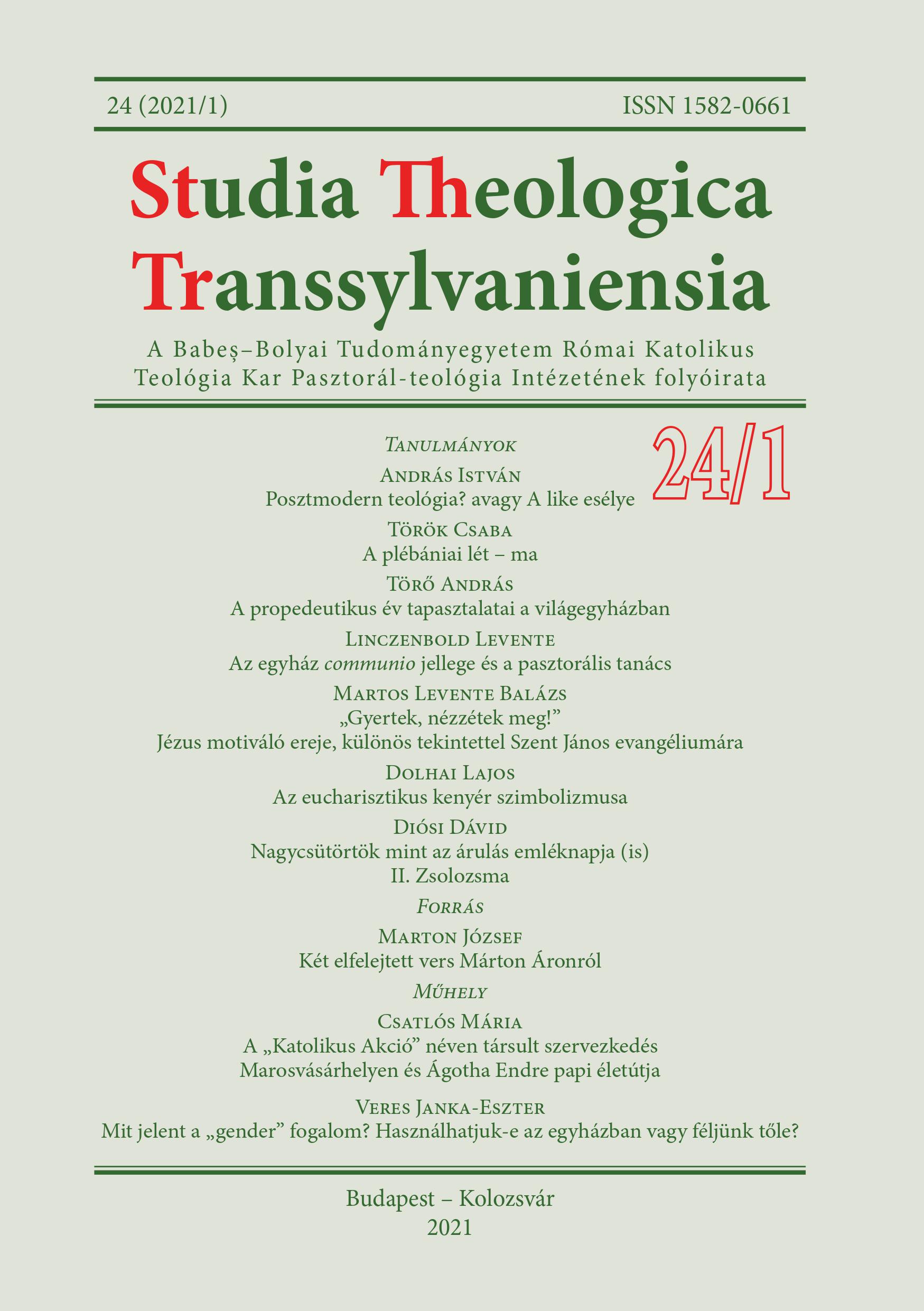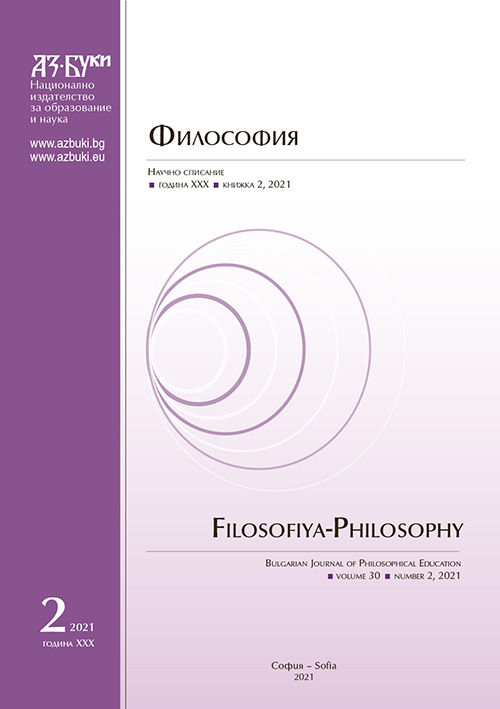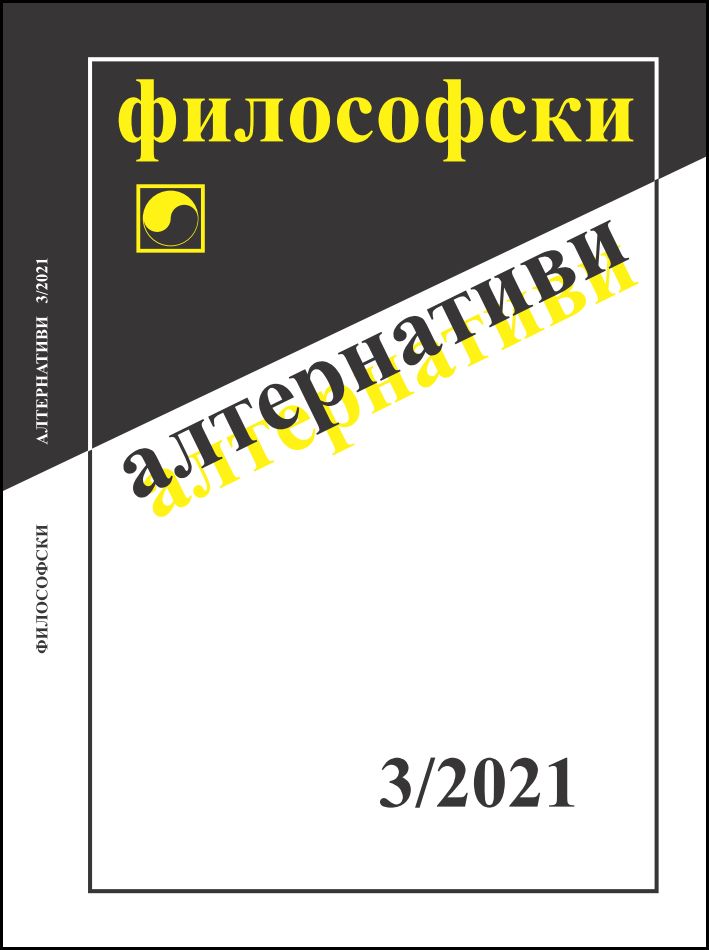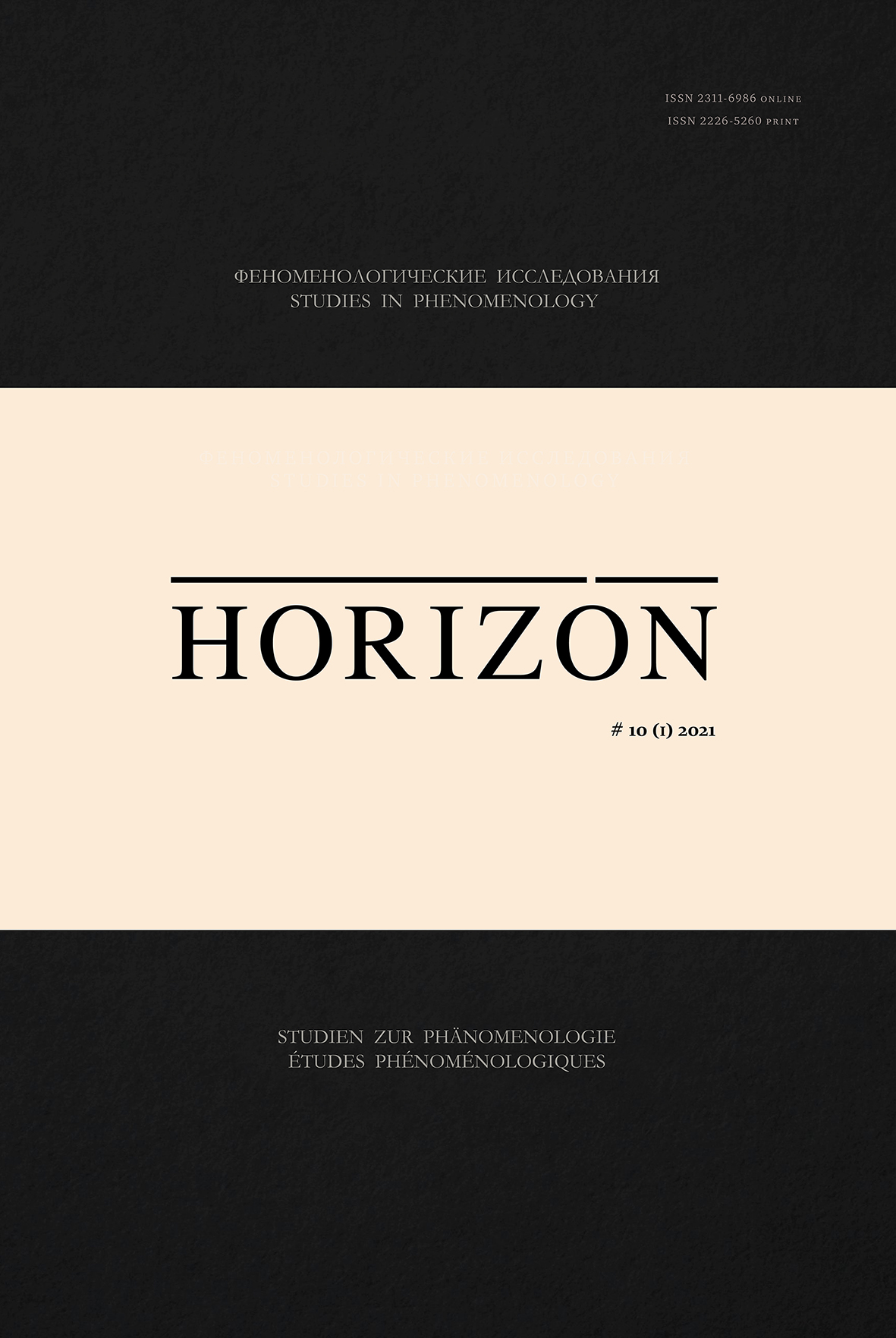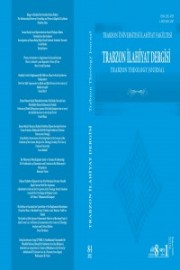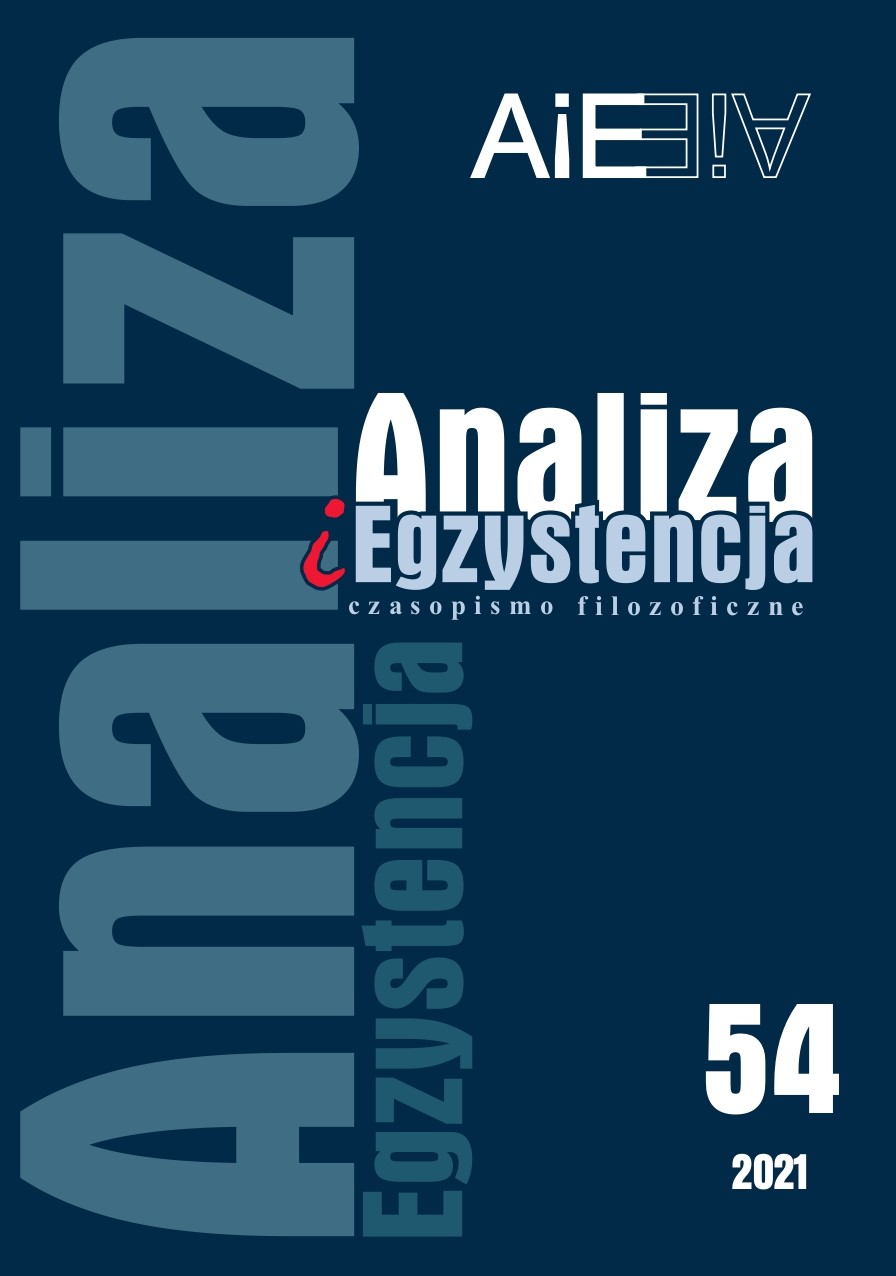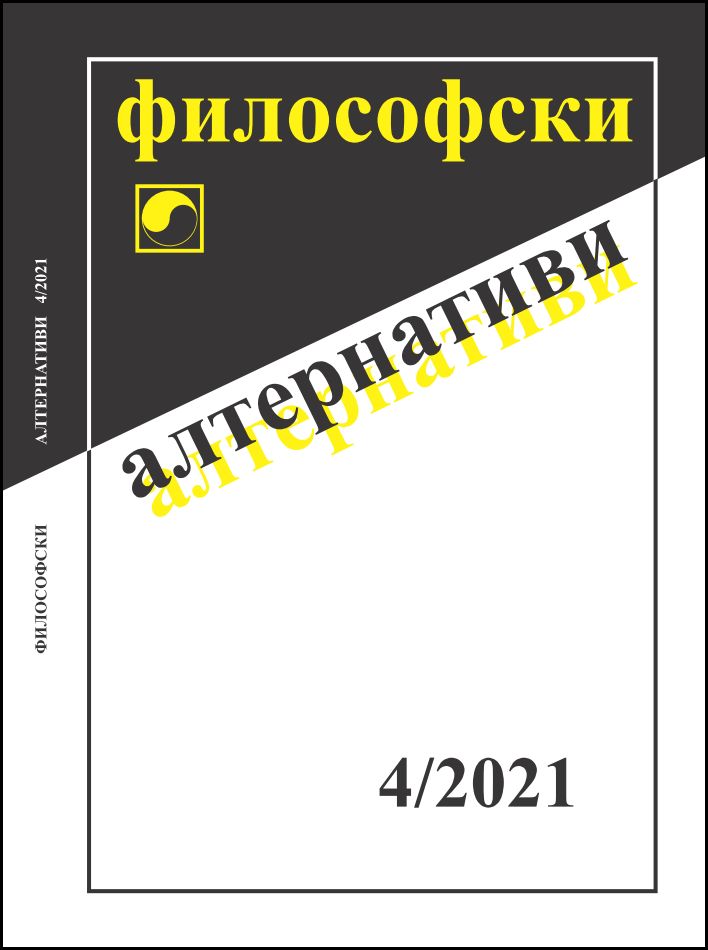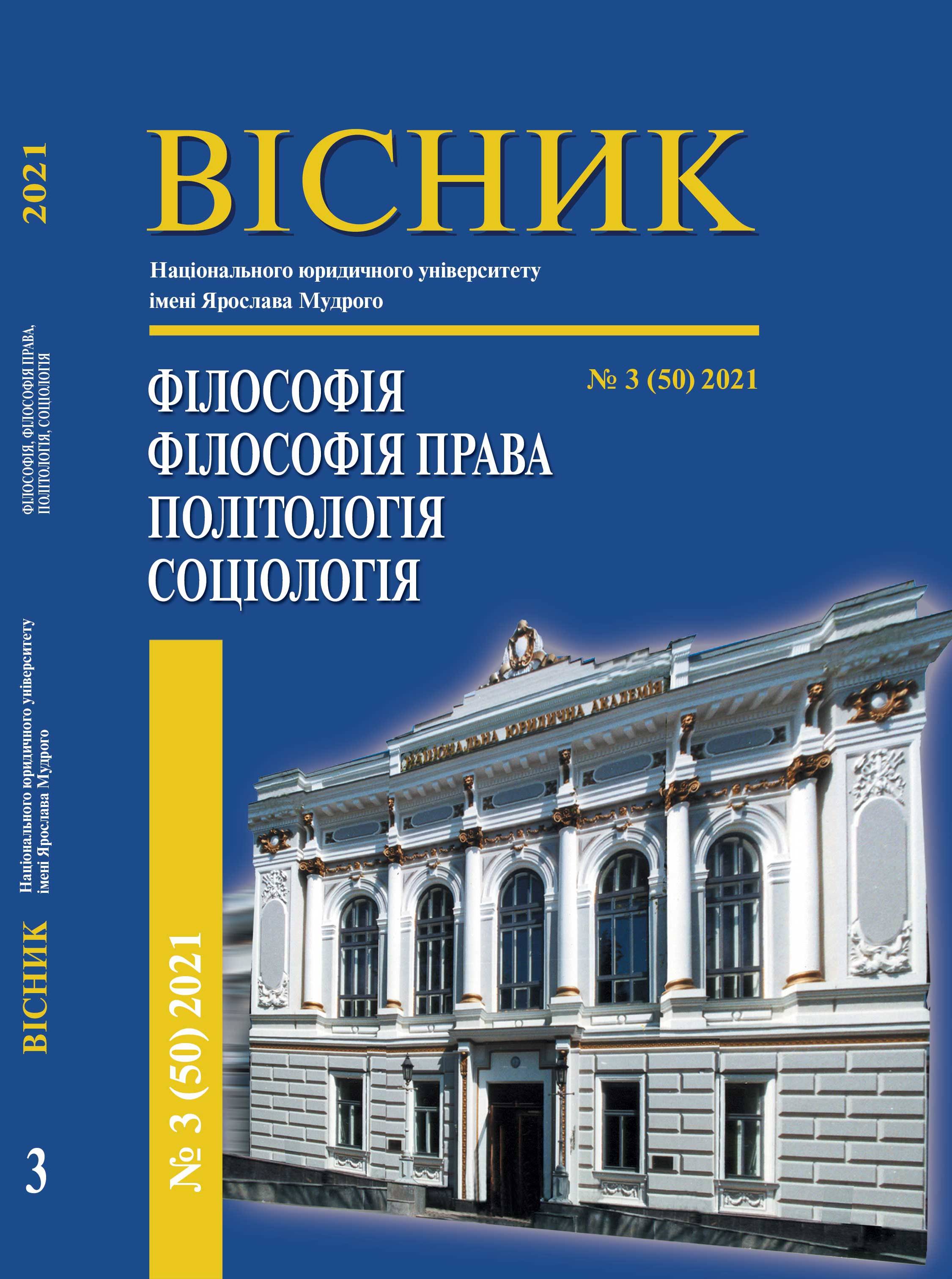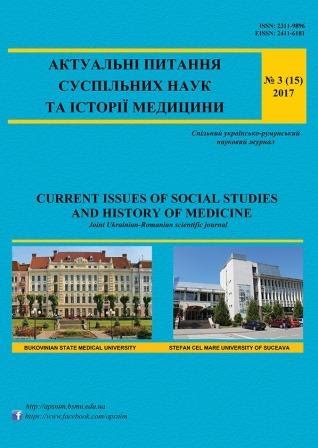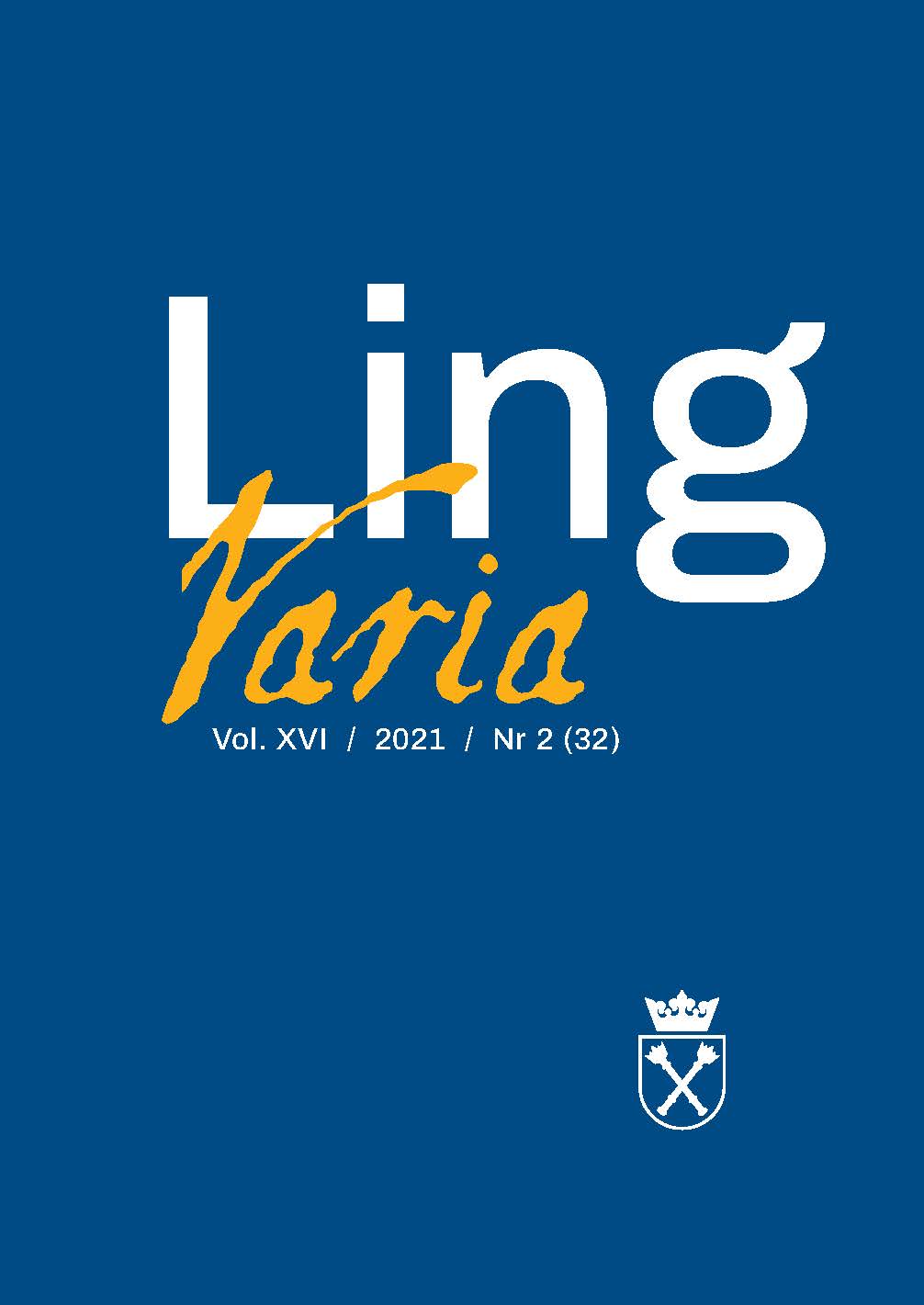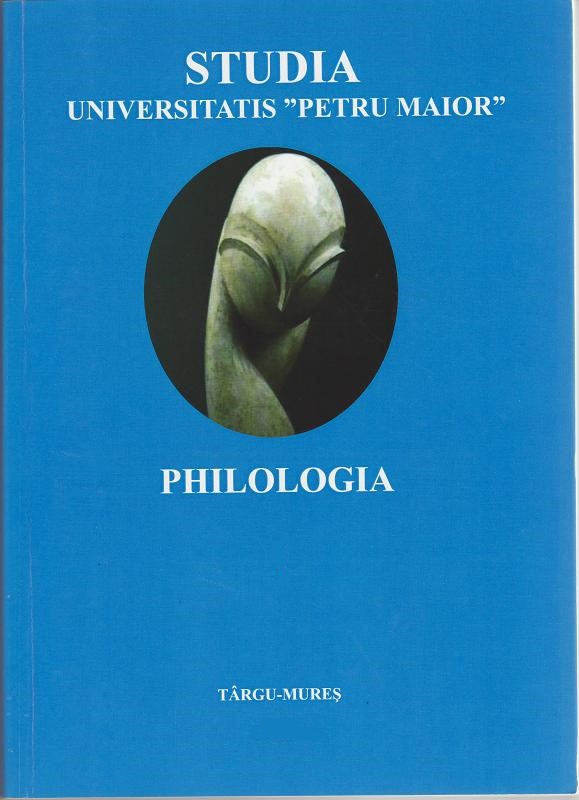
GÂNDIRE ŞI COMUNICARE ÎN PERIOADA CONTEMPORANĂ
Two elements are part of an efficient message: the thought and the word. Many contemporary thinkers are interested in the absolute way thinking and communication merge; thus, for Karl Jaspers, the complete efficient communication is represented by the Řexistential communicationř with its refined aspect ofŘspiritualized communicationř, while Ludwig Wittgenstein thinks that the task of reestablishing the real correspondence between the language and the world exclusively represents the privilege of the logic form in a sentence. The philosopher Lucian Blaga starts from the premise that human being is a metaphorical animal, proving that, in a communicative process, metaphor not only has the expressive function, that of linguistic ornament, but also a cognitive one, that of revealing the world's mysteries. The Canadian professor and researcher Marshall McLuhan underlines the fact that the progress of human communication is synchronized with technological progress and out of the three technological eras (manual, mechanical, electronic), the last one is overwhelming regarding the speed of information. For the philosopher, logician, essayist Alexandru Surdu, the author of a philosophic system (unfinished yet), in five courses, there are some archaic terms of our language (commented from Noica's perspective) that represent the ideal form of ''Romanian philosophical uttering'' through which the language and diversity of communication achieve extra potential and efficiency in nowadays world.
More...
